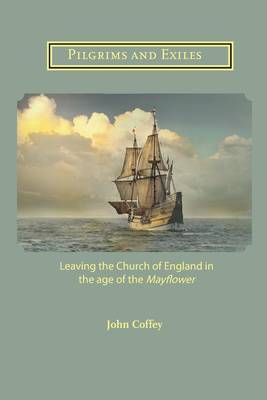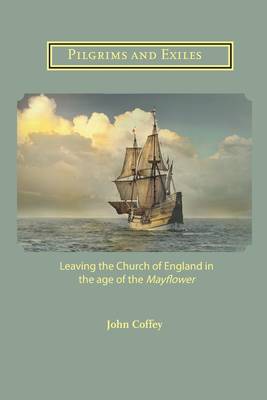
- Retrait gratuit dans votre magasin Club
- 7.000.000 titres dans notre catalogue
- Payer en toute sécurité
- Toujours un magasin près de chez vous
- Retrait gratuit dans votre magasin Club
- 7.000.0000 titres dans notre catalogue
- Payer en toute sécurité
- Toujours un magasin près de chez vous
Description
2020 is the 400th anniversary of the sailing of the Mayflower across the Atlantic. English Separatists founded Puritan New England, setting up America's first godly colony, Plymouth Plantation. Although preceded by Virginia and quickly overshadowed by Massachusetts, it would be Plymouth that captured the American imagination in the later nineteenth century. Both the voyage of the Mayflower in 1620 and the so-called 'First Thanksgiving' of 1621 would be incorporated into the creation myth of modern America.
The transatlantic migration of the Pilgrims was the result of another spiritual migration - before they left Europe, they had left the Church of England. Persecuted in the East Midlands, the Separatists had fled to the Protestant Netherlands for refuge, before sailing for America. In the reign of James I, this made them an oddity, but over the next two generations, hundreds of thousands of others would make this spiritual pilgrimage too. Professor John Coffey looks at what motivated the Pilgrims and exiles of 1620 at a time when leaving the Church of England was quite exceptional, even for Puritans.
Spécifications
Parties prenantes
- Auteur(s) :
- Editeur:
Contenu
- Nombre de pages :
- 26
- Langue:
- Anglais
- Collection :
- Tome:
- n° 2020
Caractéristiques
- EAN:
- 9781906327651
- Date de parution :
- 28-09-20
- Format:
- Livre broché
- Format numérique:
- Trade paperback (VS)
- Dimensions :
- 152 mm x 229 mm
- Poids :
- 54 g

Les avis
Nous publions uniquement les avis qui respectent les conditions requises. Consultez nos conditions pour les avis.






